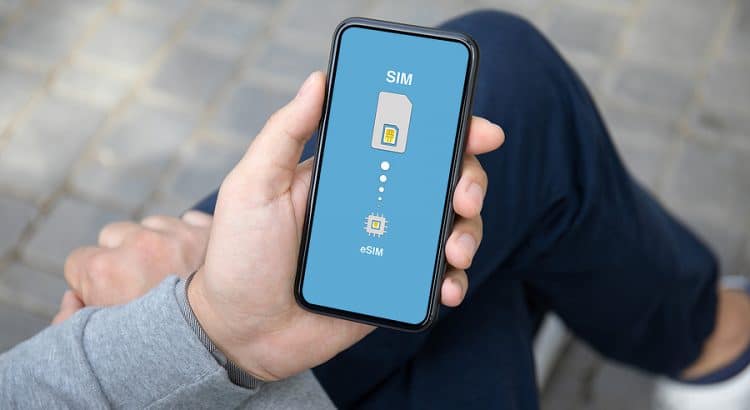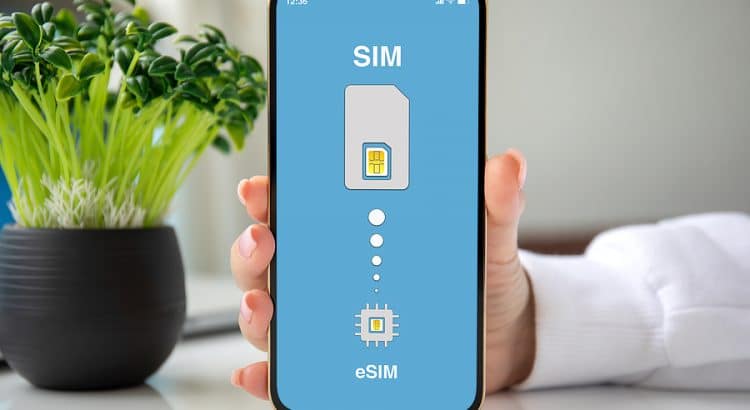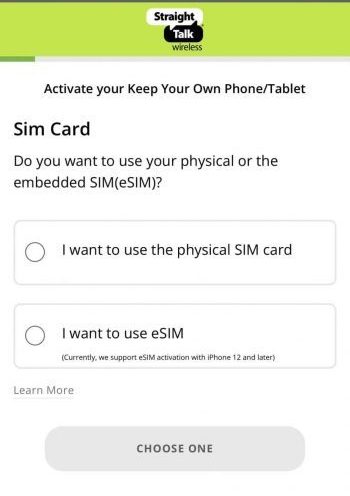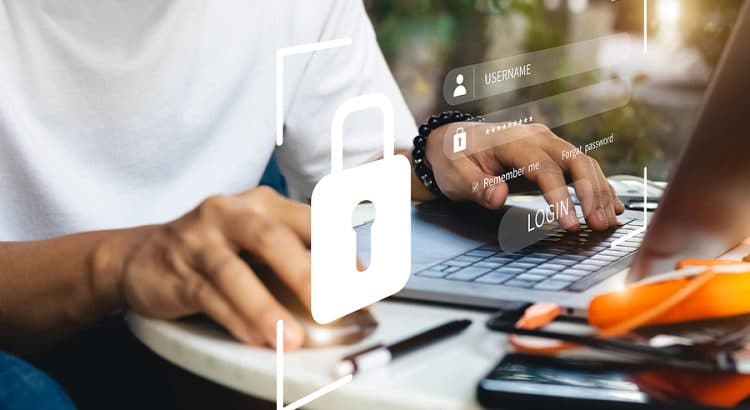Yesterday, US Mobile launched a beta version of eSIM plans. Initially, eSIMs are only available with US Mobile’s service over Verizon’s network (the Super LTE network according to US Mobile’s parlance).
Device Compatibility
At the moment, only a handful of devices are will work with US Mobile’s eSIMs:
- iPhone SE (second generation)
- iPhone 11, 11 Pro, and 11 Pro Max
- iPhone XS and XS Max
- iPhone XR
- Google Pixel 4a.
US Mobile suggests eSIM options are coming soon for the iPhone 12 & 13 lines along with the Pixel 5, Pixel 5a, and Pixel 6.
US Mobile Is Early With eSIMs
Additional details about the beta program were shared in an announcement on Reddit. One part of the announcement stuck out to me:
US Mobile has tried to brand itself as a next-generation carrier that leverages technology better than its competitors. While the company has sometimes overpromised, it’s impressive that a company of its size managed to become one of the first MVNOs offering eSIMs.










